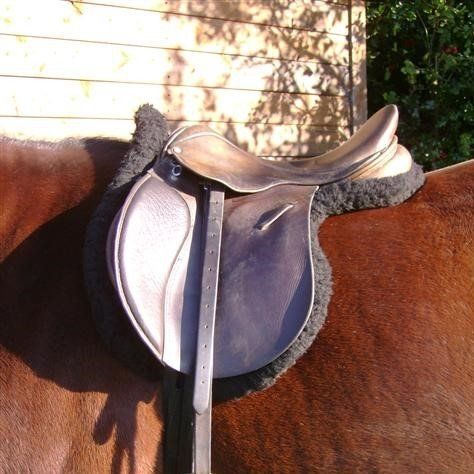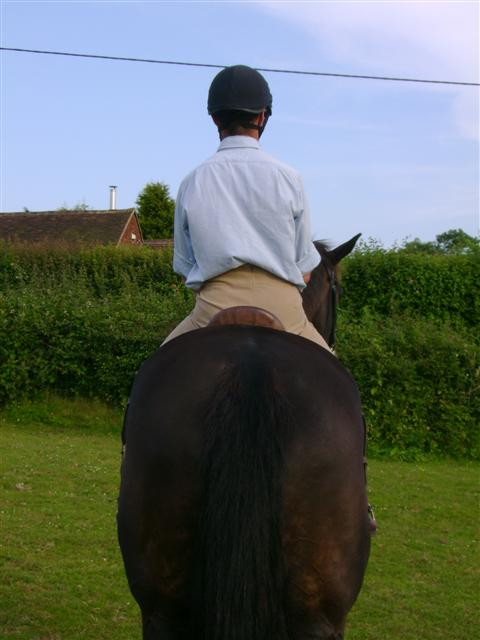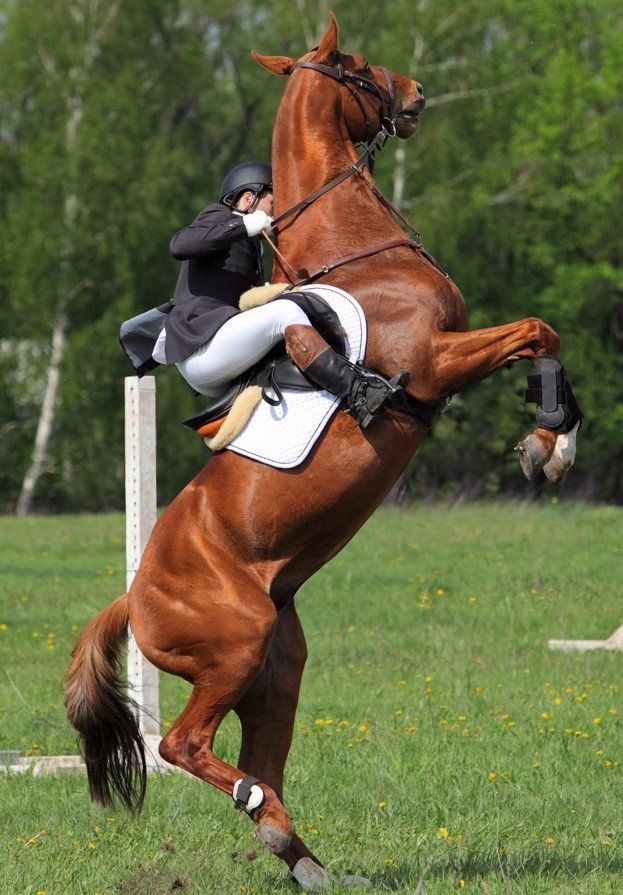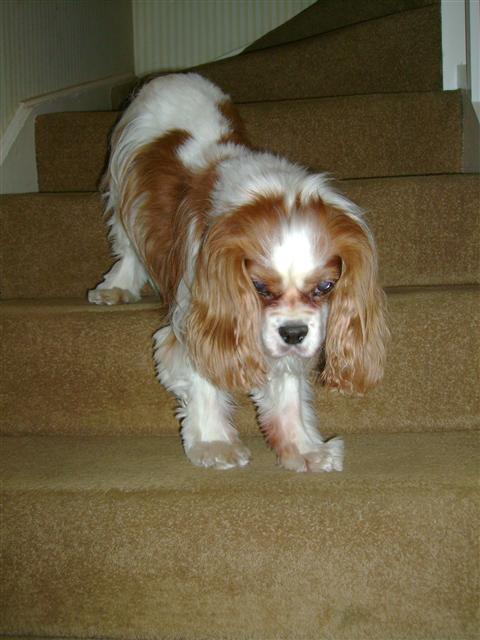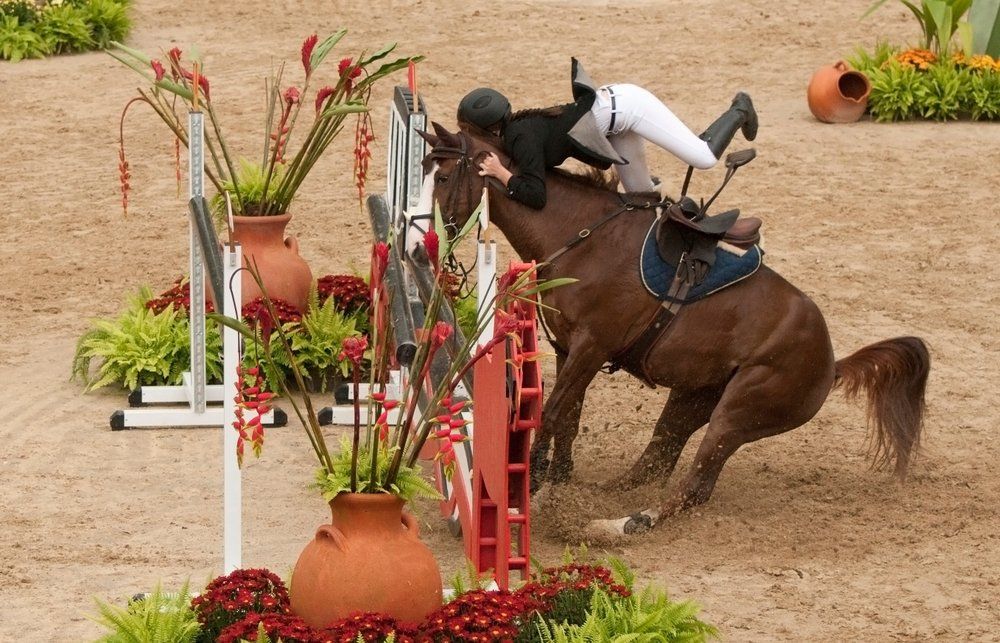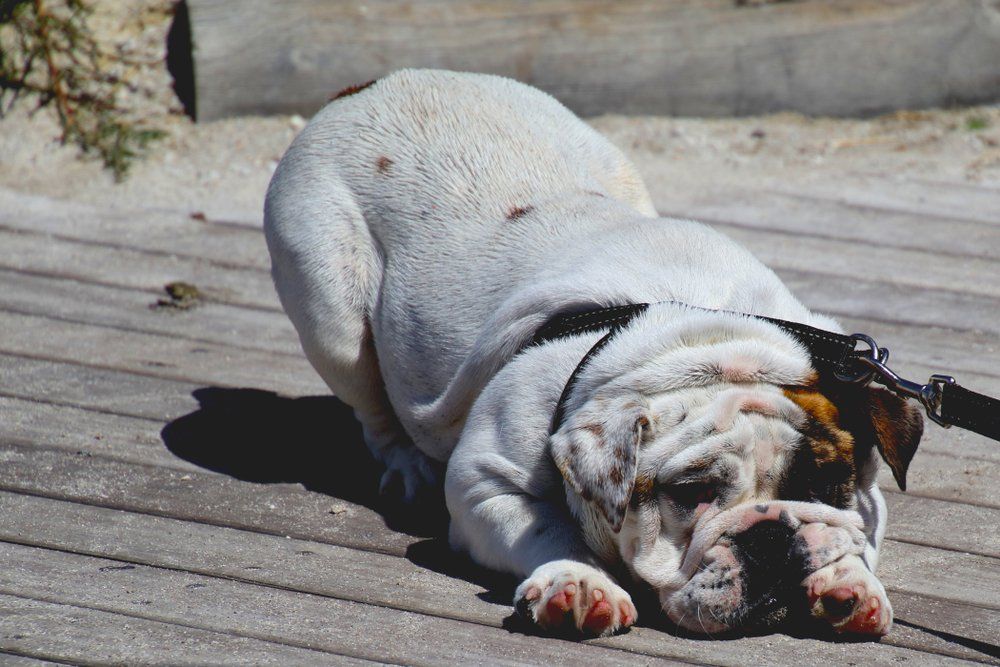Causes
Musculoskeletal issues can result from a sudden trauma such as a slip, trip or fall that could occur during work or play. They could be the result of small repetitive traumas over a longer period of time. These may be caused by various factors such as ill-fitting equipment, rider imbalance, compensation for other problems, inappropriate workload, inadequate warm-up/cool-down, pulling on a lead, jumping out of cars or rough play. They may also be due to conformational issues for example a long-back in certain breeds of dog.
Signs
Signs that can indicate a potential problem can be both physical and behavioural. Physical signs common to all types of animals can include uneven action, one-sidedness, tripping, difficulty bending and uneven muscling.
Behavioural signs in horses include stepping away or dipping the back during tacking up or mounting, resistance, grumpiness (biting or kicking) and rearing/bucking. In dogs you may notice yelping, a dislike of being touched, reluctance to perform certain tasks, reduced activity levels or the dog behaving generally out of character.
Maintenance treatments
Maintenance treatments can be performed as part of your animal's regular healthcare routine for horses, dogs and other animals. The purpose of these is to manage known problems and to help identify minor issues before they have the chance to develop into a more complex problem. They can be scheduled around your planned activities for example pre, mid and post-season checks or on a regular basis every few weeks. In addition to helping maintain your animal's health and performance, regular maintenance treatments can be more cost effective than a course of corrective treatment once a problem has developed.

